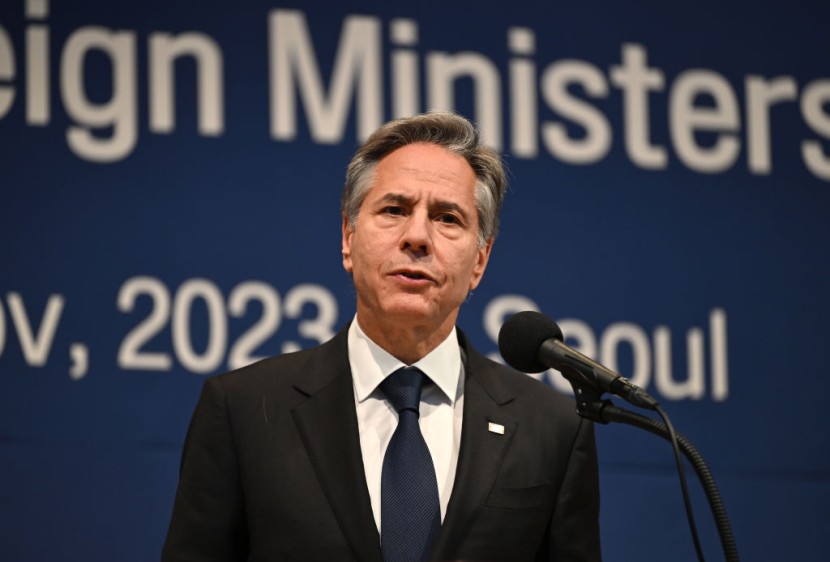The United States has extended a sanctions waiver, allowing Iraq to purchase electricity from Iran and giving the latter limited access to the proceeds to buy humanitarian goods.
President Joe Biden's administration has extended the waiver by four months and Secretary of State Antony Blinken signed it and it was transmitted to Congress on Tuesday. The decision is likely to draw criticism from Iran hawks on Capitol Hill as well as elsewhere who believe that such a move will reward Iran.
Waiver Extension

The arguments say that it comes at a time when the Middle Eastern nation is coming under increasing pressure to end its support for proxy groups, including the Hamas militant group. Currently, there are roughly $10 billion in Iraqi payments meant to Iranian electricity that is being held in escrow accounts in Iraq.
The extended waiver will allow Baghdad to maintain its energy imports without fearing penalties from the U.S. for violating sanctions on Iran. it would also maintain a provision under which portions of the electricity that is purchased can be transferred to accounts in Oman and then converted to euros or other widely traded global currencies, as per the Associated Press.
Under the condition of anonymity, officials spoke about the decision-making process around the decision. They said that Blinken signed the waiver primarily because the Biden administration did not want to cut off Iraq from a critical source of energy.
However, they noted that the administration is confident that Iran would not be able to use any of the funds for any criminal activity. They added that there exists a rigorous vetting process that would ensure that the money would only be used for food, medicine, medical equipment, and agricultural goods.
The secretary of state visited Baghdad on Nov. 5 where he met with Iraqi Prime Minister Mohammed Shia al-Sudani. It was part of a Middle East trip that focused on the Israel-Hamas war and efforts to prevent the conflict from spreading into a broader regional conflict.
Electricity for Iraq
American officials noted that the waiver was similar to one in July that allowed Iraq for the first time not only to make payments into restricted Iranian accounts but also for the funds to be sent to similarly restricted accounts in third countries, according to Reuters.
They also sought to respond to criticism, mainly from Republicans in Congress, that giving Iran access to such funds frees up money that Tehran can then use on militias that target U.S. forces or on its nuclear program.
This comes as the United States has imposed a slew of sanctions on Tehran over its nuclear program and its support for militant organizations. These effectively banned countries that do business with Iran from doing business with the U.S.
A senior U.S. State Department official told journalists that the waiver extension would allow Iraq to use its own funds to render payment for Iranian electricity imports. In an effort to have Baghdad pay its arrears, Tehran regularly suspends its gas supplies which are considered essential for Iraq's power stations to cover a third of the nation's needs, said the Times of Israel.








